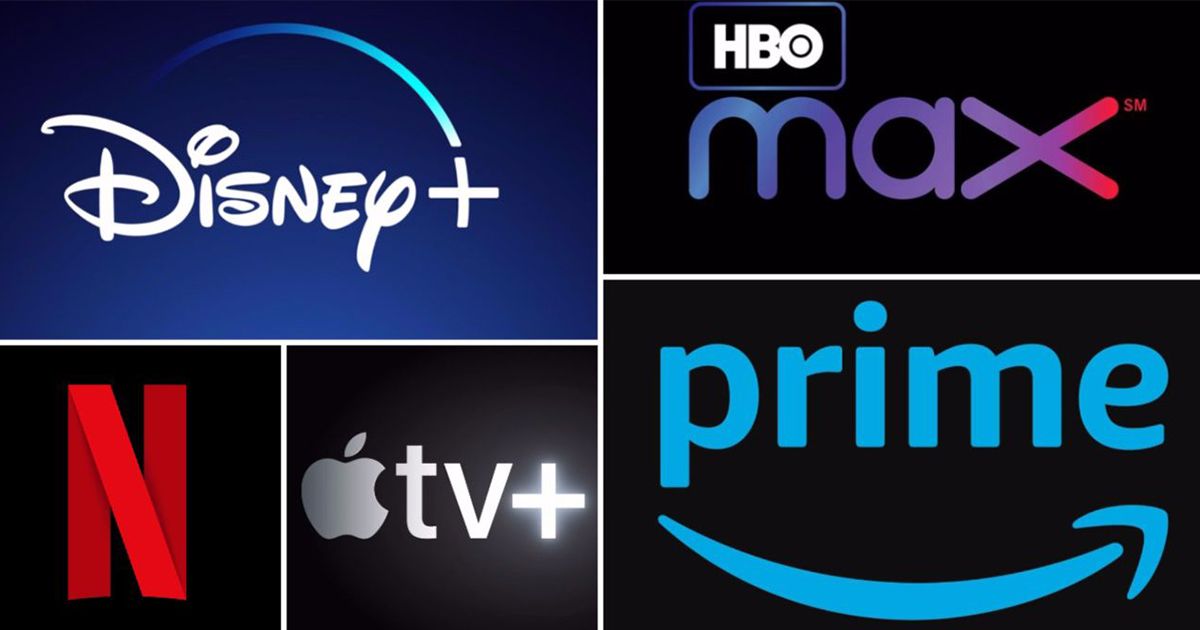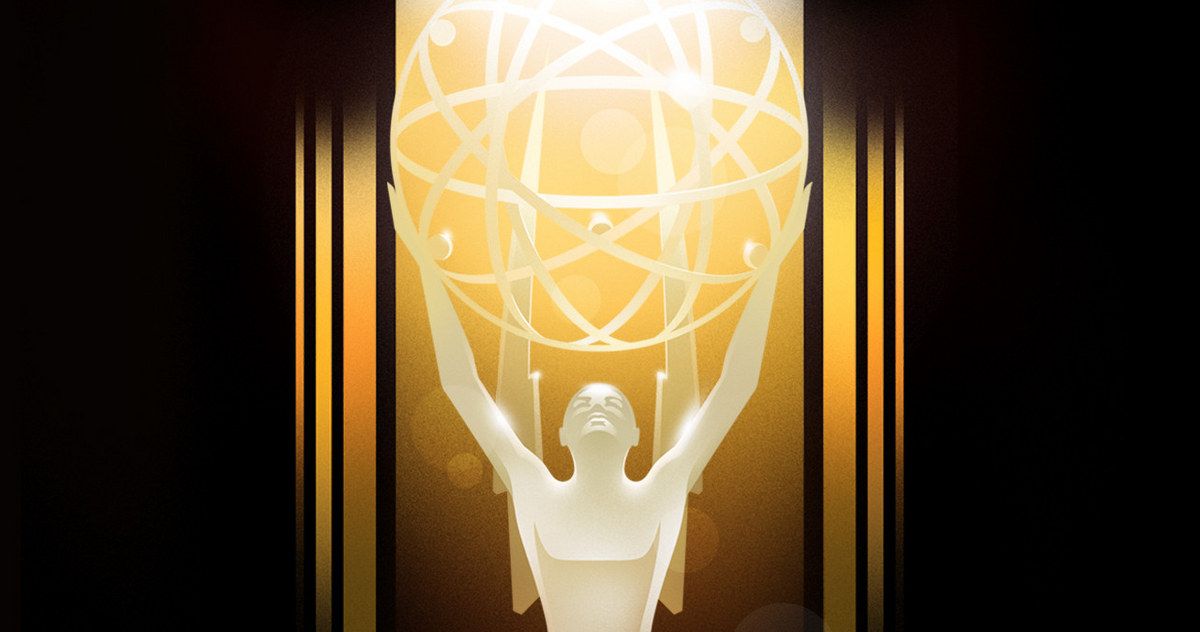The 95th Academy Awards have just concluded, and there was a lot to talk about regarding the ceremony, from the historic wins for Everything Everywhere All At Once and Brenden Fraser's deserved Best Actor win, to some very high-profile snubs. Yet in recent years, a more pressing conversation around the Academy Awards has popped up, mainly is the award show still culturally relevant. This is a telecast that used to draw in 40 million viewers, but the viewership has been declining at an alarming rate. While the 2021 Academy Awards were the lowest ever, that was partially expected due to it being known as the COVID-19 ceremony.
The following year, the numbers were only barely better, with 15 million viewers. This decrease in viewership has also corresponded with a general lack of interest from audiences in the nominated films. The divide between audience favorite movies and the ones nominated for Academy Awards is increasing more and more. Even with many of the nominated films easily accessible through streaming services the films are now drawing in audience excitement for the award show. How did the biggest night in Hollywood lose its cultural relevance? Is part of the problem overblown and is there a way to recover? Here is a breakdown of some major trends contributing to the decrease in interest in the Oscars.
When the Oscar Nominees Split
Much has been written about how one reason the Academy Awards has lost relevance is the fact that the films nominated are not the movies anybody has seen. While there are some exceptions, as recently seen with blockbuster Best Picture nominees like Top Gun: Maverick and Avatar: The Way of Water, the most common trend is the films that get nominated are smaller character-centric pieces that audiences have not always seen or even heard of.
This was not always the case. Films like The Godfather, Jaws, Star Wars, and E.T. were all some of the highest-grossing films of their respective years and were nominated for Best Picture. Then again, what was mainstream and successful then was arguably more aligned with critics' opinions. Today, whether by the dumbing-down of the industry or the conditioning of the audience, films like The Godfather would likely be unsuccessful.
Yet in the 2000s, many of the films nominated for Best Picture tended to be lower-budgeted movies from smaller subsidiaries of major studios like Fox Searchlight, Paramount Vantage, and Focus Features. These films had smaller budgets, so they could push more boundaries and experiment with different subject matter and techniques because they did not need to appeal to a mass audience. This in turn meant they could still turn a smaller profit.
These more niche films that did not need a big audience started to become the major nominated film creating the image that the Oscars did not reflect what the average moviegoer was watching as standard studio fare shifted towards more tentpole blockbusters. Worth noting is that those studios, and divisions like Miramax, had the negative impact of actual independent films being pushed aside in favor of movies with big stars that were marketed to appear like independent films but still had large amounts of funding for production and marketing.
Awards Season Has Become More Cynical
Even somebody who does not follow the Oscar season that closely can feel the calculated aspect of it. Like summer blockbusters there is a marketing to awards seasons that feels inescapable. Filmgoers are now savvy enough to know the term "Oscar Bait," a movie that seems to exist not to tell a particular story but one engineered and calculated to get nominated and win Oscars.
As mentioned earlier many audiences feel the Academy Award nominees are films most audiences haven't seen, and part of that is true. Most films going for Academy Awards tend to be released between October and December, as that is the closest time frame to Oscar voting the following January. Many films wait until the last possible minute in November or December and give themselves a small limited release, and then use the Academy Award nominations as a marketing tool for their film to expand wide after the nominees have been announced. This was a practice popularized by notorious film producer and sexual predator Harvey Weinstein to generate buzz for the films he produced.
The Decline of Broadcast Television
While the viewership for the Academy Awards has correlated with the number of nominees box office steadily declining, it is not the only major impact to impact Oscar's loss of cultural relevance. The biggest factor is the decline in viewership for all live broadcast televised events. In the past few years, more and more audiences have not only cut the cord in favor of viewing their programming on streaming platforms, but streaming has also conditioned viewers to customize how and when they want to watch something. Appointment television viewing is a rarity.
The ability to watch the Oscars is also harder, as viewers who have cut the cord have no way to stream the event live. While they are broadcast on ABC and that means they can be accessed for free with an antenna, that still requires purchasing an antenna if someone does not already have one. Watching the Oscars is now more difficult than it was just ten years ago when most audiences had some form of cable or satellite provider. The incentive to watch the awards live is also decreased as social media now provides people with updates on the awards in real-time. If one can't watch the Oscars live one can simply go to Twitter and check updates in seconds.
The Oscars' Viewership Is Better Than Other Awards Shows
One element that often goes overlooked is that while the Academy Awards viewership has been on the decline, the ceremony telecast still performs better than any other award show. The Emmys, Golden Globes, Tony Awards, and even more populist award shows like the People's Choice and Kid's Choice Awards do not come close to the viewership for the Oscars.
The Oscars have never been, and never will be the Super Bowl, and the idea they will ever achieve those numbers is ridiculous. There are more factors that contribute to the Super Bowl being a highly televised event that the Academy Awards cannot compete with, and they should realize this. They need to focus less on chasing viewers and more on keeping the audience members that tune in, because these people do love the Academy Awards and what it stands for.
Can the Oscars Ever Recover?
Oscar seasons always play out the same way. Every year people will say they stopped caring, but then become invested in some manner of the show. They'll talk about how unimportant it is, and yet still know who won. The Oscars will always have an audience as long as there are filmmakers and movie fans. Will it ever get those massive viewership numbers again? Probably not, but if the program does evolve in terms of how people watch it in the streaming age, more people would likely talk about it.
Yet the Oscars are still important and do have a purpose. Not in determining the best of anything, because everybody has their own idea of what the best is. What does matter is the Academy Awards as an institution for education and preservation. As seen recently with the Academy Museum of Motion Picture Arts and Science, this is about celebrating film as a craft. This is an institution where films from various genres, backgrounds, budgets, and creative purposes exist together. Somebody watching the Oscars may check out a movie they never heard of, or see a winner that inspires them and reminds them they can do whatever they want.
It's hard to argue that the Academy Award is no longer relevant when one hears the joy Ke Huy Quan expressed winning Best Supporting Actor for Everything Everywhere All At Once. The award show does still mean something, but like with the films that are nominated, it has evolved and changed over time.






